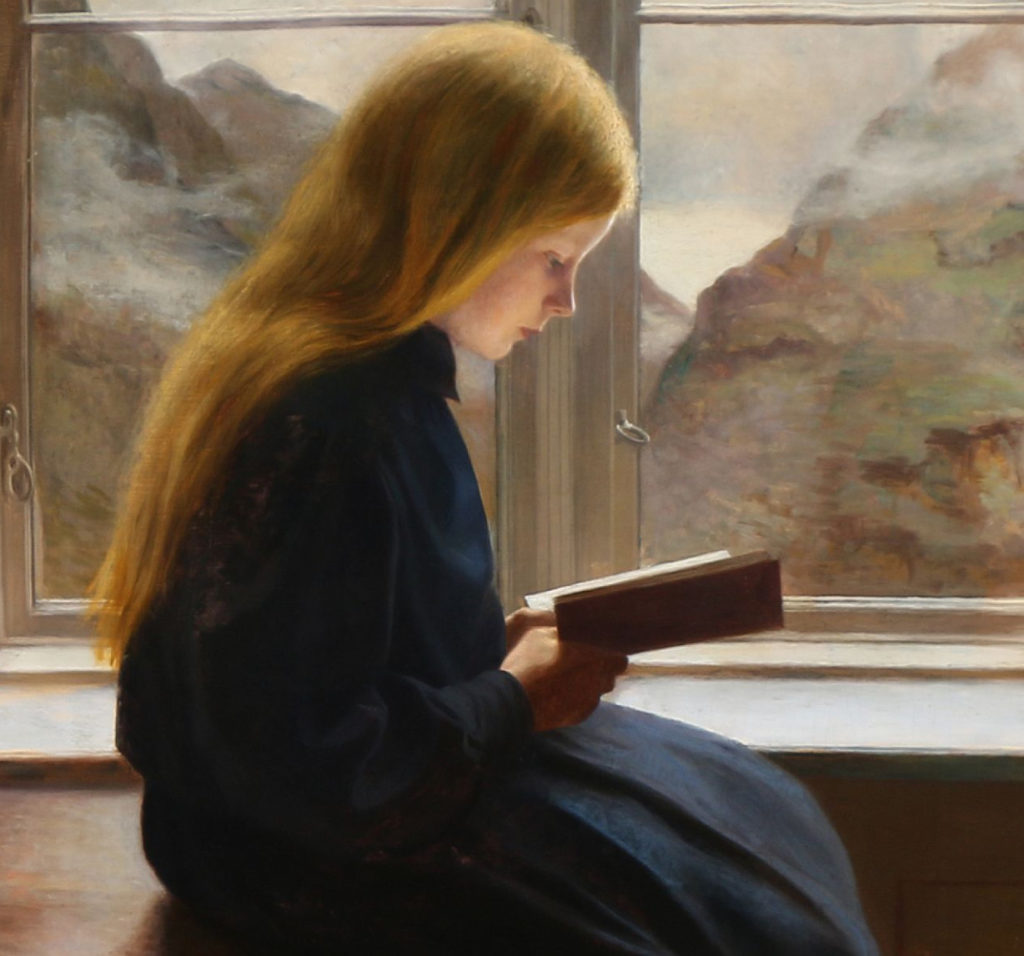We’re away until January 6, but we’re reposting some of our favorite pieces from 2019. Enjoy your holiday!
“I read books to read myself,” Sven Birkerts wrote in The Gutenberg Elegies: The Fate of Reading in an Electronic Age. Birkerts’s book, which turns twenty-five this year, is composed of fifteen essays on reading, the self, the convergence of the two, and the ways both are threatened by the encroachment of modern technology. As the culture around him underwent the sea change of the internet’s arrival, Birkerts feared that qualities long safeguarded and elevated by print were in danger of erosion: among them privacy, the valuation of individual consciousness, and an awareness of history—not merely the facts of it, but a sense of its continuity, of our place among the centuries and cosmos. “Literature holds meaning not as a content that can be abstracted and summarized, but as experience,” he wrote. “It is a participatory arena. Through the process of reading we slip out of our customary time orientation, marked by distractedness and surficiality, into the realm of duration.”
from The Paris Review https://ift.tt/2ZkLK9i

Comments
Post a Comment